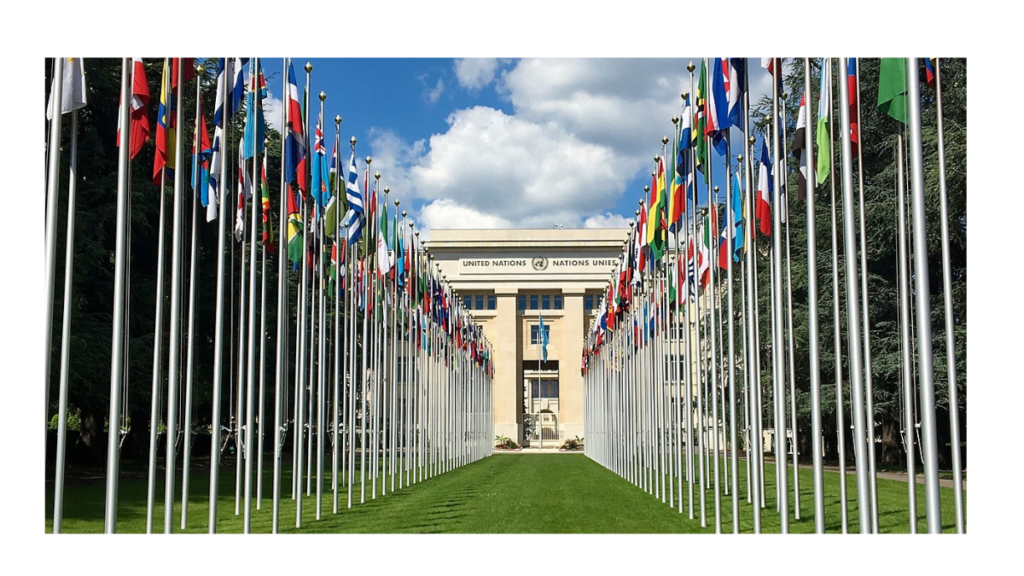There is imminent danger at the UN: the ‘independent‘ expert on sexual orientation and gender identities has declared “religious narratives” that “repress sexual and gender diversity and promote heteronormative norms” dangerous. Mind you, little is said about it but the UN is moving forward in an attempt to use LGBTI policies to shape the cornerstones of religious doctrines, including Catholic and Christian doctrines.
The United Nations Human Rights Council will hear in June (during its 53rd session) a report on “perceived contradictions” between freedom of religion or belief and protection against violence and discrimination based on sexual orientation and gender identity (known as SOGI – sexual orientation and gender identity). The UN’s ‘independent’ expert on protection against violence and discrimination based on SOGI, Victor Madrigal-Borloz, concluded the collection of views on the draft of his report closed last January 15.
The goal of the final report will be to “provide legal and policy narratives” on how LGBT rights and freedom of religion or belief (FoRB) relate to each other, in addition, the paper will “make recommendations to states and other stakeholders to fully comply with their international human rights obligations to protect and empower LGBT+ people to pursue happiness, exercise and enjoy all their human rights.” In his comments, the U.N. expert speaks of “religious and spiritual narratives” that have been “historically used to promote, enable and condone institutional and personal violence and discrimination against individuals on the basis of sexual orientation or gender identity (real or presumed); repress sexual and gender diversity; and promote cisgender and heteronormative norms on sexual orientation and gender identity.”
For its part, the Religious Freedom Institute (RFI), has made it clear how “advocates of ‘SOGI’ policies tend to characterize any refusal to affirm ‘SOGI’ expressions or behaviors as unfair ‘discrimination.'” As a result, the ‘SOGI’ policy can be used broadly against religious people and institutions. The United Nations should be careful to “give such a policy international legal expression” because “when the ‘SOGI’ policy is promulgated, it often enables the use of government coercion against dissenting individuals and religious institutions, putting their religious freedom at risk.” “It must be strongly affirmed that all people are worthy of protection from violence and unjustified discrimination. However, international institutions, especially the United Nations, must refrain from infusing the SOGI policy into international law as a means of achieving conformity in the areas of anthropology and sexual morality,” or even for the purpose of influencing doctrinal changes proper to religious authorities and churches.
We hope that UN experts will take into account Article 18(3) of the International Covenant on Civil and Political Rights which provides specific limitations on “freedom to manifest one’s religion or belief.” The right to autonomy of religious institutions is not a manifestation. It cannot be restricted to the extent that doctrinal and organizational autonomy is essential to the group’s identity and survival. Any such restriction demanded or imposed by the UN in favor of LGBTI ideology is a violation of the human and international right to freedom of religion or belief.
